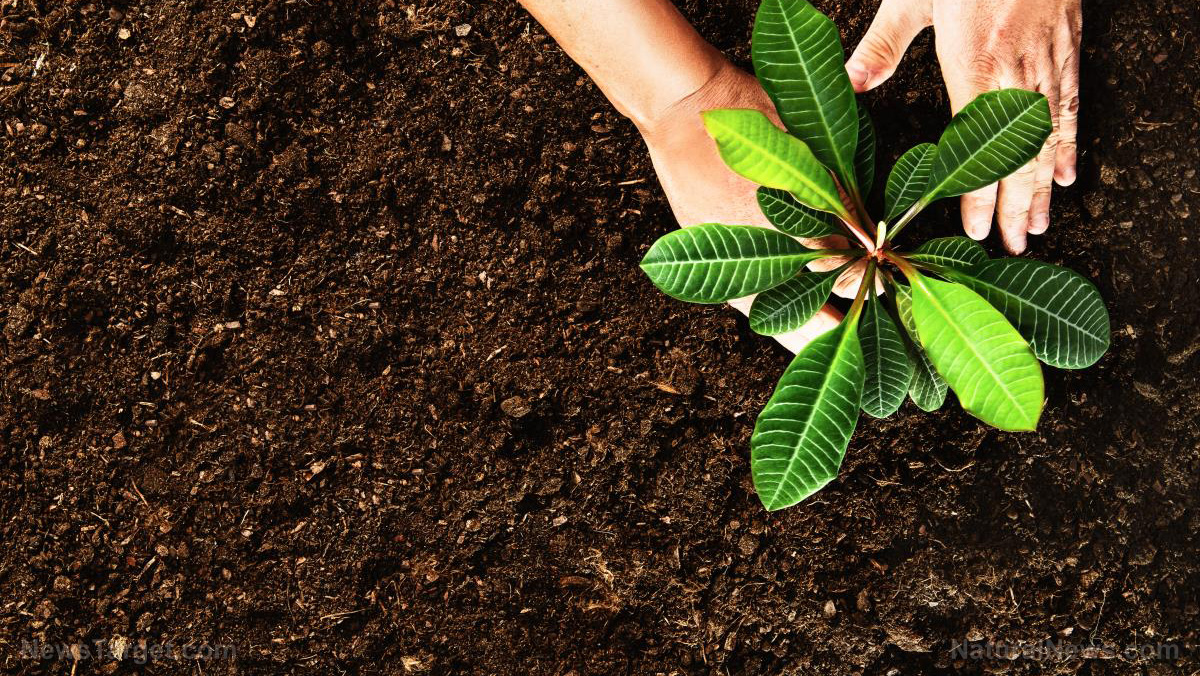Improving cabbage production with fecal sludge
10/24/2018 / By Ralph Flores

Researchers from the BRAC Agricultural Research and Development Centre in Bangladesh have found that fecal sludge could be amended into agricultural soil with commercial fertilizer to increase crop yield. The study, published in the International Journal of Agricultural Research, Innovation, and Technology, looked at how the sludge affects crop production, as well as how it increased maximum yield.
- According to the authors, sanitation is a significant cause of concern, especially for developing countries, with 2.7 billion people dependent on on-site sanitation.
- The field experiments took place during the rabi (i.e., spring) seasons of 2015-2016 and 2016-2017.
- For the study, the researchers used cabbage as the test crop.
- Crops that were treated with a combination of fecal sludge and chemical fertilizer exhibited a shorter harvesting time. In particular, the crops’ curd weight and yield increased by 25.51 and 26.55 percent, respectively.
- Crops treated with only fecal sludge and chemical fertilizer exhibited a 41.04 and 8.61 curd weight increase.
- In comparison, full doses of both fecal sludge and chemical fertilizer had a greater increase than that of 50 percent fecal sludge (7.28 percent), 75 percent sludge (10.66 percent), pure chemical fertilizer (6.88 percent) and pure fecal sludge (38.75 percent).
Researchers concluded that a full dosage of fecal sludge in concert with chemical fertilizer presented the greatest crop yield.
Read the full text of the study at this link.
Learn more natural ways to grow cabbage at Harvest.news.
Journal Reference:
Islam MS, Hasan M. EFFECT OF FAECAL SLUDGE ON CABBAGE PRODUCTION. International Journal of Agricultural Research, Innovation and Technology. 30 June 2017;7(1):43–45. DOI: 10.3329/ijarit.v7i1.33320
Tagged Under: alternative fertilizer, cabbage, chemical fertilizer, crop yield, fecal sludge, homesteading, natural treatment, organic farming, sanitation, sustainable agriculture




















